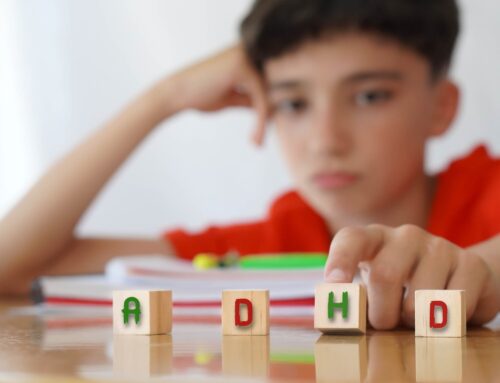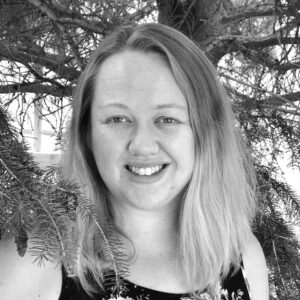Speech Therapy at Pathways To Hope
Speech-Language Pathologists (SLP) are regulated and licensed healthcare professionals with the College of Audiologist and Speech Language Pathologists of Ontario (CASLPO).
SLPs support the identification, education, assessment and intervention of both communication and/or feeding swallowing disorders in both children and adults.
WHAT AREAS DO WE TREAT?
Receptive Language: Difficulty understanding or processing language.
Expressive Language: Difficulty putting words together, having a limited vocabulary, or being unable to use language in a socially appropriate way.
Articulation (Speech Sound Production): Difficulty making sounds or saying words incorrectly to the point that listeners can’t understand what’s being said.
Oral Motor Concerns: Difficulty with moving and/or coordinating the lips, tongue, jaw and other oral motor muscles required for speech production.
Voice & Resonance: Difficulties with pitch, volume, or quality of the voice.
Social Communication & Play: Difficulties using verbal and non-verbal language for a variety of reasons or using language to build relationships.
Autism Spectrum Disorder: Communication concerns are one aspect of autism spectrum disorder, which can include difficulties with social skills and language. Individuals with Autism may have difficulty understanding and using words, learning to read or write, or engaging in communication exchanges.
Literacy: Difficulties with phonological awareness, reading and/or writing.
Feeding & Swallowing: Difficulties with chewing and swallowing, coughing, gagging, texture sensitivity, and/or refusing foods.
THE PROCESS:
1. CONSULTATION
At Pathways to Hope, we offer a complimentary 15-minute virtual consultation. During this
consultation we have the opportunity to discuss your child’s unique communication profile and concerns you may have to determine if our services are a good fit for your child’s needs.
2. INITIAL VISIT & ASSESSMENT
The SLP will complete an in-person assessment based on the information collected during your initial consultation. Our approach to assessment ensures we take the time to understand your child’s needs and adapt our service delivery to meet their individual engagement and interaction style.
Assessment can include some or all of the following:
-
Case History
-
Parent Interview
-
Communication Concerns
-
Informal Observation
-
Behavioural Observation
-
Formal Standardized Assessments
-
Obtaining a language sample
-
Oral Motor Examination
-
Discussion of results and recommendations
We encourage families to bring any previous Speech-Language Pathology assessment/discharge reports, or other relevant service provider documentation (e.g., Occupational Therapy, Behaviour Therapy, etc).
To ensure true patient-centered care, our clinicians believe in the importance of collaboration with other service providers to ensure continuity of service both within and across disciplines.
3. INTERVENTION
If intervention is recommended, the SLP will design and implement various activities to target your child’s communication goals. Activities will range from low to highly structured depending on the clients’ interests and communication/learning profile. Caregiver involvement is an important component of intervention to promote and help parents feel confident supporting their child’s speech and language progress at home. The SLP will provide take-home activities that the caregiver can use to support the ongoing development of their child’s speech and language skills. Clinicians will track progress of therapy goals across sessions to inform the need for ongoing assessment and intervention.
Not sure if your child would benefit from Speech-Language Pathology services? Reach out to us today to book your free consultation!













 Sharon Walker, MSW, RSW
Sharon Walker, MSW, RSW Jordon Iorio Hons. BA, RSW
Jordon Iorio Hons. BA, RSW Christine Bibby, B.S.W., M.S.W., R.S.W.
Christine Bibby, B.S.W., M.S.W., R.S.W. Brianna Kerr, RSW
Brianna Kerr, RSW Danielle Vanderpost, RSW
Danielle Vanderpost, RSW Daniela Switzer, MA, C.PSYCH
Daniela Switzer, MA, C.PSYCH Tammy Adams
Tammy Adams Jade Bates, RMT
Jade Bates, RMT Caitlin Schneider
Caitlin Schneider Dr. Crysana Copland
Dr. Crysana Copland
 Amy Dougley
Amy Dougley Emily Green
Emily Green Bill Dungey, RSW
Bill Dungey, RSW



 Jessica Moore, RSW
Jessica Moore, RSW Abigail Wragge, RSW
Abigail Wragge, RSW